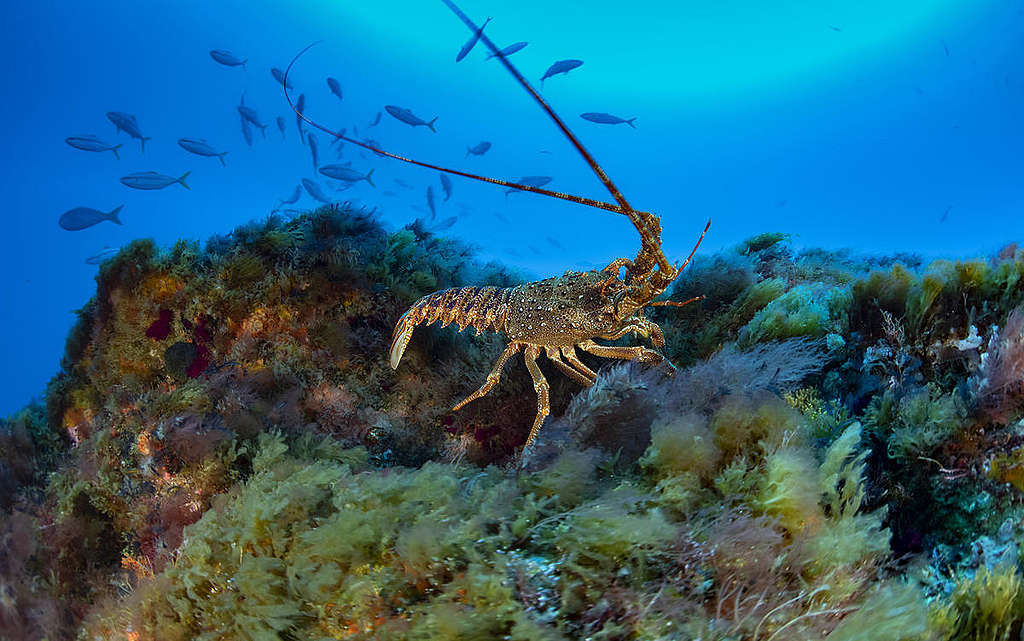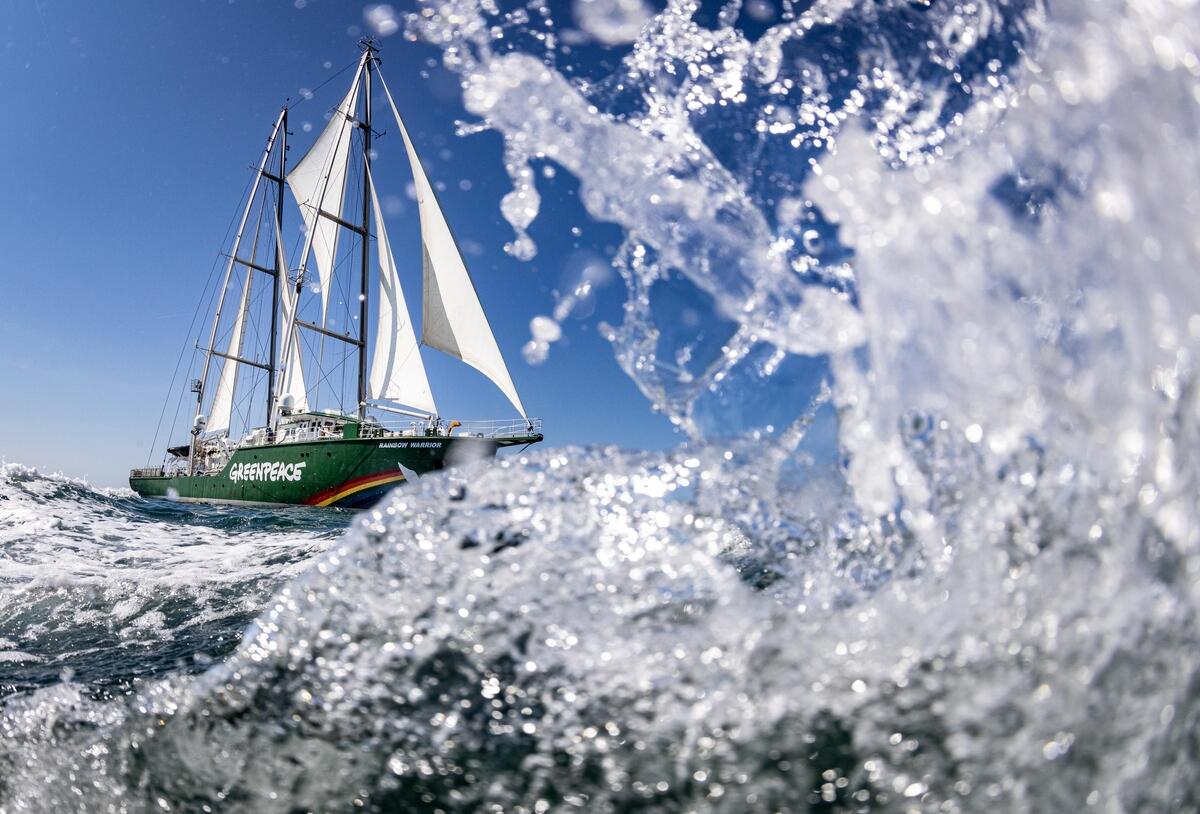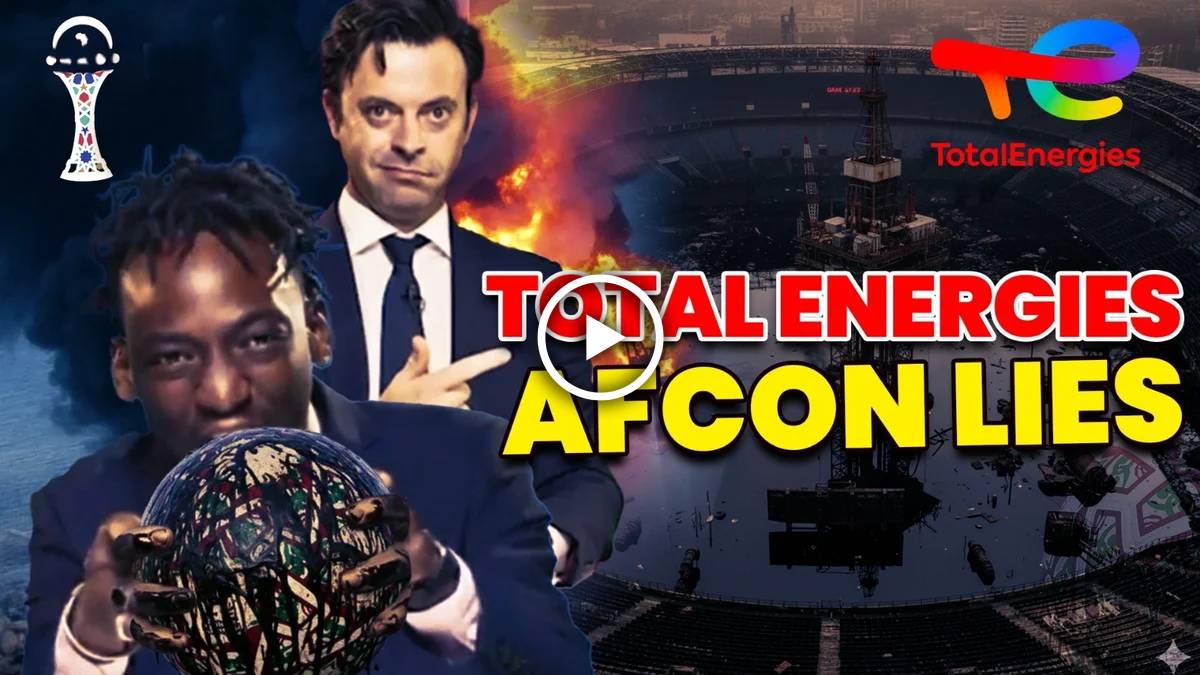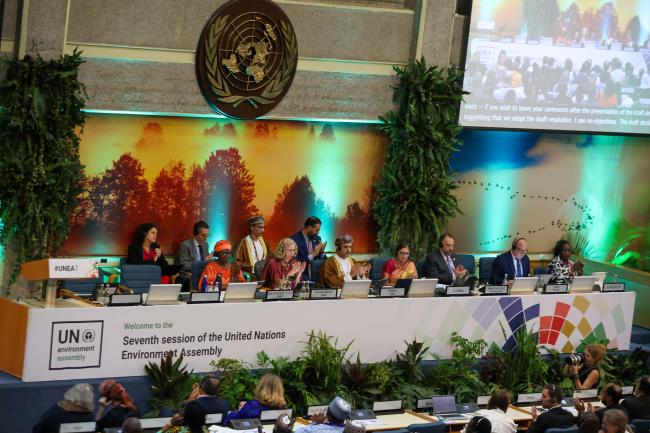Junichiro Ikeda
Representative Director, President
Mitsui O.S.K. Lines, Ltd.
Akihiko Ono
Executive Vice-president
Mitsui O.S.K. Lines, Ltd.
Masanori Kato
Managing Executive Officer
Mitsui O.S.K. Lines, Ltd.
Kiyoaki Nagashiki
Chief Executive Officer
Nagashiki Shipping Co., Ltd
cc Minister of Environment, Solid Waste Management and Climate Change
Hon. Kavydass Ramano
Government of Mauritius
cc Minister of Blue Economy, Marine Resources, Fisheries and Shipping
Hon. Sudheer Maudhoo
Government of Mauritius
Tokyo, 26 August, 2020
Mr. Ikeda, Mr. Kato, Mr. Ono, and Mr. Nagashiki,
We appreciate your response to our open letter and intention to respond to the disaster you caused. We called on you to be an example and show that your apology is sincere and honourable, and that you are willing to support it with action. However, so far you have not shown any concrete plans and commitments that are needed to restore the local environment and livelihoods and to avoid similar catastrophes in future.
You have already delayed too long – reparative action should have happened immediately after the accident happened. We are sending this follow up letter to remind you that you still have a chance to address some of your failings, by showing strong corporate social and environmental responsibility and taking actions beyond the minimum legal obligations.
With regard to the vessel itself, Greenpeace Japan, Greenpeace Africa, and DIS MOI have written to the Government of Mauritius, Government of Malta and IMO and others involved to express our concerns regarding the actions taken. The decision to dump the forward section of the MV Wakashio is of grave concern for experts considering the potential for additional severe environmental impacts beyond the harm already done.
Many communities have had their livelihoods seriously impacted by this accident and the environmental damage it is causing. The rehabilitation of these local communities is a significant concern. UNDP and IOM have initiated a social impact assessment. International cooperation is what we need more than ever, and you can make positive contributions to these conversations and efforts.
In MOL’s press releases, you promise that you will “engage in dialogue with communities, responding to their needs,” and “contributing to society is important.” You also commit to “Four Zeroes (zero serious marine incidents, zero oil pollution, zero fatal accidents, and zero serious cargo damage)” as objective indices to measure safety of your operations, and acknowledge that you are “acutely aware of the effects of climate change”. In 2013, you restated that “one of MOL’s important corporate social responsibilities is to prevent accidents. Another is to disclose information promptly to all stakeholders and clarify the cause and take preventive steps if an accident occurs.”
Your company’s actions tell a different story. According to MOL’s 2019 end-of-year report, 20% of your revenue came from fossil fuel business mainly transporting crude oil and LNG. Also, your continuation of the dry bulk business is maintaining a dependency on coal.
This is your chance to turn the rudder and ‘walk the talk’ of your company’s commitments and vision. It is time to use your influence to reduce harm to the planet and people at risk. This is an opportunity to speed up to change your business portfolio and make renewable energy the core of your business. As long as we continue using oil, spills and accidents like this will continue to happen.
Dis Moi, Greenpeace Africa, and Greenpeace Japan stand in solidarity with the affected communities in Mauritius. We ask you to deal with this crisis with urgency and accountability, and to be consistent with the internationally accepted norm of the ‘polluter to pay’ principle and undertake actions to mitigate and alleviate the environmental and social impacts of this damage you have caused. Once again, we urge you to come up with a plan to meet the following demands:
- Fully implement the Polluter Pays Principle and pay for all the current and future damages;
- Initiate and fund a fully public independent investigation into the causes and consequences of the disaster for both people and the environment;
- Abandon this passage through Mauritian waters to ensure protection of the island;
- End all business reliant on fossil fuels.
Yours sincerely,

Lagi Toribau

Roshan Rajroop

Sam Annesley





Discussion
Oil disasters are unacceptable, and I feel those responsible need consequences to motivate them to protect our planet.
Everyone involved should be held accountable for this environmental crime.
Strict measures should be implemented and those who do not follow them must be dealt with.